Discovering resilience and managing emotional investment
This post was written by our Accelerator Participant Pete Saunders and was originally posted here.
I was sitting in another meeting with a potential investor last week. It was very much the same old spiel until the woman running it said something that really resonated: “We don’t invest in just anyone. We need to make sure you’re resilient.” That was followed up by a number of examples of resilience at work, in personal life, and during conflict and rejection.
Starting a business is risky, everyone knows that. Starting one where you’re learning on the fly and answering questions you never knew existed, is even riskier. It’s a steep curve for anyone, but the one thing that nobody really talks about is the emotional investment. And they can’t because it’s totally different for everyone.
There are so many courses that purport to teach you how to be a successful business owner, or entrepreneur or whatever else. And while there is the odd success story (usually from more reputable universities), if you dig a bit deeper, most are actually just opportunistic and largely full of shit. Why would I pay up to $100,000 to learn how to be an entrepreneur when I could spend the same amount and go out and try myself to make something happen?
These courses may provide some functional tools, theory and some guidance, but none of them can teach you what the emotional side of starting a business is like. Emotion simply isn’t something you can prescriptively teach. My version of happiness, sadness or frustration is totally different to yours. What you can find (and what I’ve found) is an incredibly good group of advisors who do not necessarily have a straight answer, but do have the means of helping me find the answers myself. It’s rare (but not unheard of) to find that level of care in a course. But this level of care and that acknowledgement of the intangible is what you can and do find in a partnership and that’s what makes all the difference.
I’ve never thought of myself as resilient. I’ve been called many things in my life (a large proportion of them negative), but resilience has never been on the cards. Many times, people have called me out for “sacrificing” opportunities for friendships or relationships because I largely focused on my work. I always thought it was just the subjective nature of “sacrifice” and that I was exploring the path I wanted to. Perhaps it was others who were sacrificing their opportunity to do their “one thing” to instead focus on friends and family. I realise that people may have said I “sacrificed for work” because they couldn’t fit me into their own standard of priorities. Perhaps accepting that my priorities are different from many people is a form of resilience.
I’ve always tried to deal with conflict and rejection (professionally and personally) as best I can, with varying degrees of success. I always try to shape my future in a way that combines my drive to do something meaningful, and that makes the most of what’s to come next. I’ve always looked to do what I think is right. I view that as being a mix of passion and stubbornness but perhaps that’s resilience.
Over the last week, I have been able to finalise my team of advisors, and I could not be happier. They are a brilliant, supportive, successful group of individuals who all bring unique skills to the table. The fact that they would even consider supporting what we’re doing is truly humbling. But it was the final conversation that stood out. The final advisor agreed to come on board, specifically stating that it was due to how driven I am to succeed. That I bring energy to everything I do as a way of getting our team to move forward and that I displayed all the traits of someone who is going to get there. Perhaps part of that is resilience.
What scares me (an emotion I don’t admit to too often) is that I am not always that person. What these courses don’t teach you — what nobody can teach you — is that energy doesn’t last forever. It isn’t an endless supply and unless actively worked on, could actually give out and lead to burnout. That there are down days and there are dark days. That there are days when you don’t have the energy to be the leader that others may perceive you to be.
As we go further down the rabbit hole and the stakes get higher, perhaps something will happen that I can’t bounce back from. History would suggest that between my stubbornness and passion and drive and desire to find the best outcome, this shouldn’t happen. But with all emotions comes speculation.
As a classroom can only teach you theory, speculation can only deal with hypotheticals. And during the days when you’re emotionally drained, quite quickly those hypotheticals turn negative and cloud your judgment. Instead of becoming overwhelmed, it’s critical to remember what makes you that person.
Words cannot express how important that support network is, but ultimately it’s an internal shift that is required to get back to being that person. It seems that, above all else, resilience is how quickly you can find a way back to that level.











